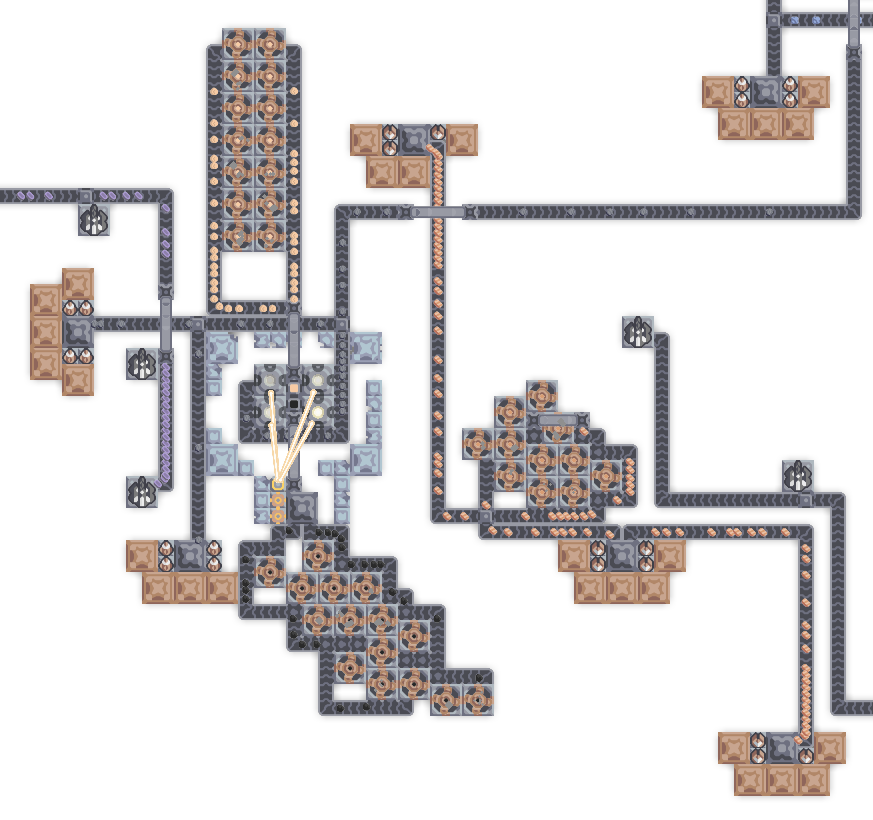


Along with this, the effective management of energy is necessary to minimize energy consumption and enhance energy efficiency. To minimize emissions, renewable energy has been suggested and it has been adopted by the majority of countries. However, as a result of global warming, the researchers suggest implementing green technologies such as zero-carbon green technologies (renewable energy), smart grids, and energy management. In addition to this, SDG demand to minimize emissions by 55% by 2030, where IEA concluded that due to the absence of major policy action from governments, those emissions are set to remain around the same level for the next three years. These statistics conclude that the smart factories are demanding high levels of energy, which indeed increases CO 2 emissions and presents challenges for achieving the clean energy and affordable energy goals formulated by the United Nations. Īccording to the International Energy Agency (IEA) 2019, smart factories utilize about 41.9% % of total global energy generated in 2019 and are followed by residential (26.6%), commercial, and public services (21.2%). Before addressing the significance of these technologies in the energy sector, we first present the problems in the field of the energy sector.Īrchitecture of smart factory in Industry 4.0. The adoption of these technologies in the energy sector enables the realization of a smart system for the effective management of energy. The integration of these technologies in the field of the smart factory can accomplish applications such as smart manufacturing processes, smart machines, smart business management, production management, smart logistics, predictive maintenance, and intelligent devices. The fundamental architecture of the smart factory in Industry 4.0 is shown in Figure 1, where the smart factory is amalgamated with distinct innovative technologies including the IoT, blockchain technology, cloud computing, big data, fog computing, edge computing, virtual reality, smart grid, AI, and machine learning (ML). A smart factory is one of Industry 4.0’s core paradigms, and is imagined as a future-state fully connected production system that functions primarily without human intervention by extracting, transferring, obtaining, and processing appropriate data to perform all needed tasks for producing all types of products. Industry 4.0 is a digital transformation technology that plays a significant role in assisting organizations and society in moving towards building resilient infrastructure with sustainable industrialization. Concerning Goal 9 of sustainable development goals (SDG), it is stated as “upgrading infrastructure and retrofit industries to make them sustainable, with increased resource-use efficiency and greater adoption of clean and environmentally sound technologies and industrial processes”. The United Nations’ (UN) 2030 agenda is to transform and provide a sustainable, affordable, and accessible environment for global citizens in an efficient manner. Big data for energy analytics, digital twins in smart grid modeling, virtual power plants with Metaverse, and green IoT are the major vital recommendations that are discussed in this study for future enhancement. Finally, the article discusses the challenges and recommendations for the effective implementation of digital technologies in the energy sector for meeting sustainability. Additionally, we addressed IoT-based microgrids, IoT services in electrical equipment, and blockchain-based energy trading. The study also discusses the different architecture that has been implemented by previous studies for smart grid computing. With this motivation, the study aims to discuss the significance of different digital technologies such as the Internet of Things (IoT), artificial intelligence (AI), edge computing, blockchain, and big data and their implementation in the different stages of energy such as generation, distribution, transmission, smart grid, and energy trading. At present, digital technologies have a significant capability to realize the target of sustainability in energy. Affordable energy, clean energy, and innovation in infrastructure are the relevant sustainable development goals that are applied to the energy sector. The United Nations’ sustainable development goals have emphasized implementing sustainability to ensure environmental security for the future.


 0 kommentar(er)
0 kommentar(er)
